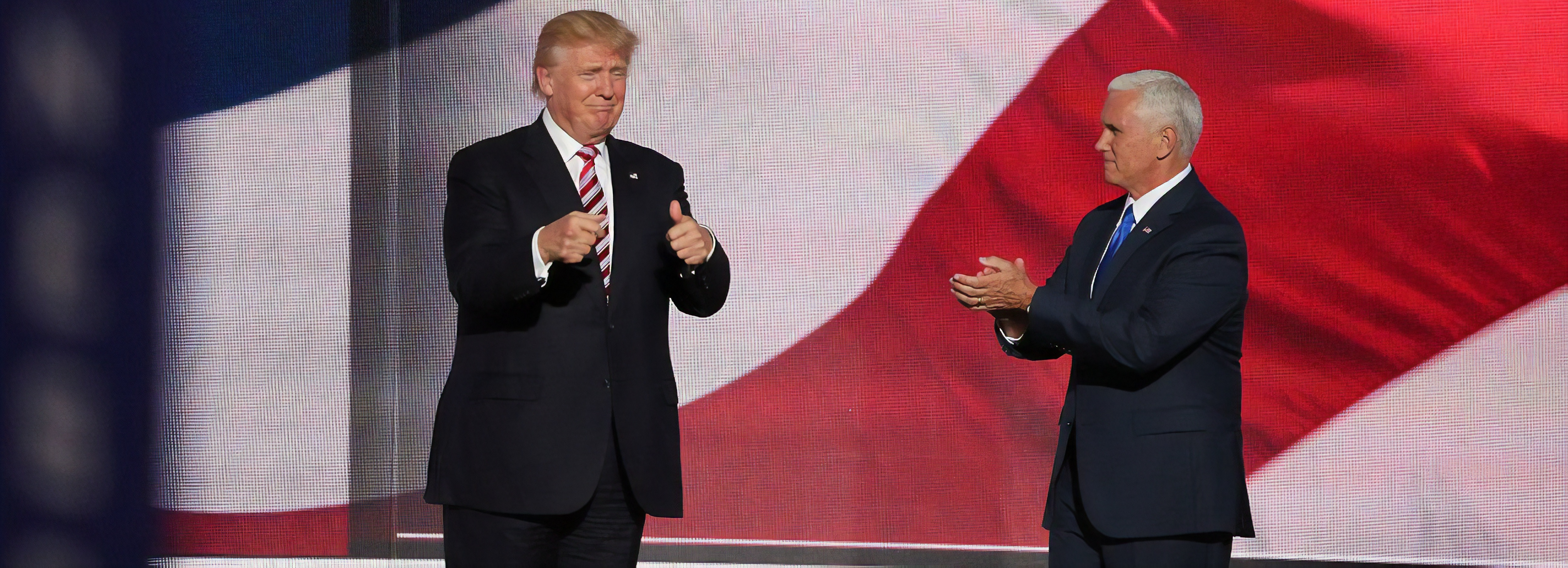Environmental protection has a high stance in Germany and has recently become even more salient. The neologism “heat-age” (German: Heißzeit) being chosen as the “word of the year” in 2018 is a case in point. Lately, thousands of students have been skipping school and taking up the streets every Friday, following the example of the Swedish climate activist Greta, to demand better climate protection. However, with the rise of the new right-wing party Alternative for Germany (AfD) and their increasing presence at the German Bundestag, climate change policies are under attack. As opposed to center-right and liberal parties, AfD is a haven for those who vehemently deny the validity of the most important results of climate change research: human-induced global warming and climate change. To push their agenda, AfD members have teamed up with pundits inside the European Institute for Climate and Energy (EIKE), a German think tank founded with the aim of defaming climate science and climate protection policies in general, and the idea of anthropogenic global warming theory (AGW) in particular.
Climate Change Deniers within the AfD
AfD party leaders are on the same page when it comes to climate change. Specifically, they argue that climate change is not human made, despite the contrary opinion within the science community, which forms the overwhelming consensus. Party leaders such as Alice Weidel, and Gauland have continuously denied the AGW. When asked whether climate change was real, Beatrix von Storch’s (former Member of the European Parliament, now AfD-MP) boilerplate rejection was expressively rudimentary:
“[…] I think those that want us to change our lives again need to prove that [AGW] is real and that it has nothing to do with the intensity of the sun or the sun’s energy” Youtube, 0:34
Arguments such as these seem to find wide agreement within the party. Denial positions are also promoted by Dirk Spaniel (AfD), former manager of Daimler Chrysler, the speaker of the AfD on climate-policy, Reiner Kraft, and Karsten Hilse. The latter demanded a repeal of all climate protection policies in a speech at the German Parliament in 2018. Hilse is currently organizing a symposium on climate science taking place in Berlin on 14 May, in which a handful of EIKE-members will give talks. Established climatologists are unsurprisingly absent from the symposium list.
EIKE on Stage
EIKE is a small organisation which explicitly denies that humans influence climate change. Founded in 2007, EIKE’s slogan is telling: “It is not the climate, but freedom which is endangered” (EIKE website). EIKE is the most prominent but scientifically unaccepted Climate Change Deniers (CCD) organisation in Germany. EIKE’s vice-president, Wolfgang Müller, is at the same time a member of the supervisory board of the German Institute of Economic Freedom (2018), which promotes views that are parallel with a neoliberal agenda. In general, EIKE-members are well connected to national and international conservative and neoliberal circles, as shown by the graph below.
EIKE’s vice-president Michael Limburg is a representative of the AfD-Brandenburg (position 10 at Landesliste) (AfD, 2019) and part of the party’s advisory group on climate-policy issues. Thus, EIKE manages to institutionalize its advisory-role within the political setting. Moreover, Limburg is now working as an assistant to Karsten Hilse, as the aforementioned AfD-MP revealed in an interview. Hence, it comes as no surprise that three out of the four speakers at the symposium are regular guests at EIKE events (Gernot Patzelt, Henrik Svensmark, Christopher Monckton). Lord Christopher Monckton, formerly active within the UKIP party and trained in journalism, has made a name as a notorious climate change denier. The De-Smog Blog provides a collection of his activities.
The increasing attention EIKE is gaining is not a windfall but a clear strategy. In a hearing in February 2019, EIKE’s press-secretary, Prof. Dr. Lüdecke was invited to the German ecology committee of the German Bundestag, claiming that “there is no scientific proof for a human made climate change” (youtube, 2:00 ff.). In December 2018, the AfD invited Dr. Nir Shaviv, another AGW-denier and a former guest at an EIKE conference .
The chance to act as an official expert on climate-change issues allows unestablished and unaccepted organizations such as EIKE to become relevant and to legitimize their positions in the field. It is a prime example of how think tanks and political actors try to establish a “counter-public” to employ roll-back strategies by bringing “expert” knowledge into a formal political setting.
The international dimension of climate change denialism
Yet, this trend is not unique to Germany. With the inauguration of Donald Trump, climate science faced a heavy blow, particularly in the USA. Since then, American CCD organizations such as the Heartland Institute or C-Fact have constantly expanded their political influence and continued their offensive against stricter environmental regulations. Both maintain close relations with EIKE. It is common for members from both organizations to speak at each others’ events and Heartland even sponsors EIKE’s bi-annual events. Furthermore, transnational organizations such as Clexit – Climate-Exit – , or the Global Warming Policy Forum which were founded in recent years, highlight a phenomenon that will be analyzed in a separate blog post.

Right-wing populists on the one hand, party partisan organizations and think tanks that pursue counter-AGW discourse strategies on the other, roam the same discursive waters, mutually expanding their political influence. A recent report of Adelphi , a Berlin-based think tank, found that the new right-wing populist parties in the European Parliament have a particular aversion to climate protection policies. (you can find the report here). As to what creates this kind of “elective affinity” between the two: It may well be the combination of a political strategy embedded in the post-truth narrative, and a neoliberal, anti-governmental world-view shared by right-wing populist parties and climate change denier organizations. McCright and Dunlap see “free-market conservatism [as] the unifying force behind climate change denial” (2010,p.155). The upcoming European Parliament elections will be the foreground of the likely success of right-wing populist parties and will lead to a new wave of bolstered opposition to environmental protection .
Sources:
- Stella Schaller & Alexander Carius (2019): CONVENIENT TRUTHS (Adelphi Study)
- Dieter Plehwe (2014) Think tank networks and the knowledge–interest
nexus: the case of climate change, Critical Policy Studies, 8:1, 101-115, DOI:
10.1080/19460171.2014.883859 - Des-Smog Blog: Profil of Christopher Monckton
- Lobbypedia: Profile of EIKE
- Monitor (2018): Klimawandel durch kosmische Strahlung? Report on EIKE and it’s Networks (in German)


